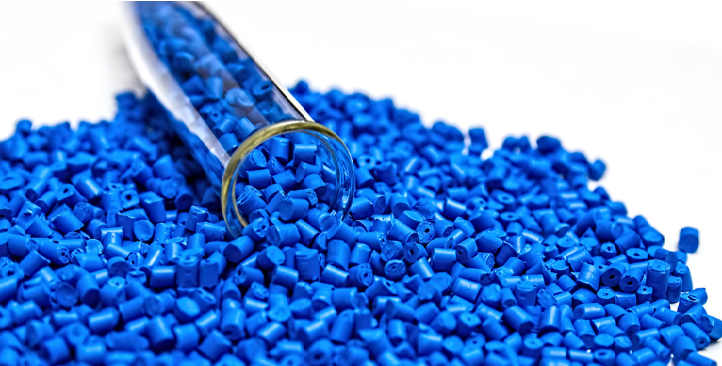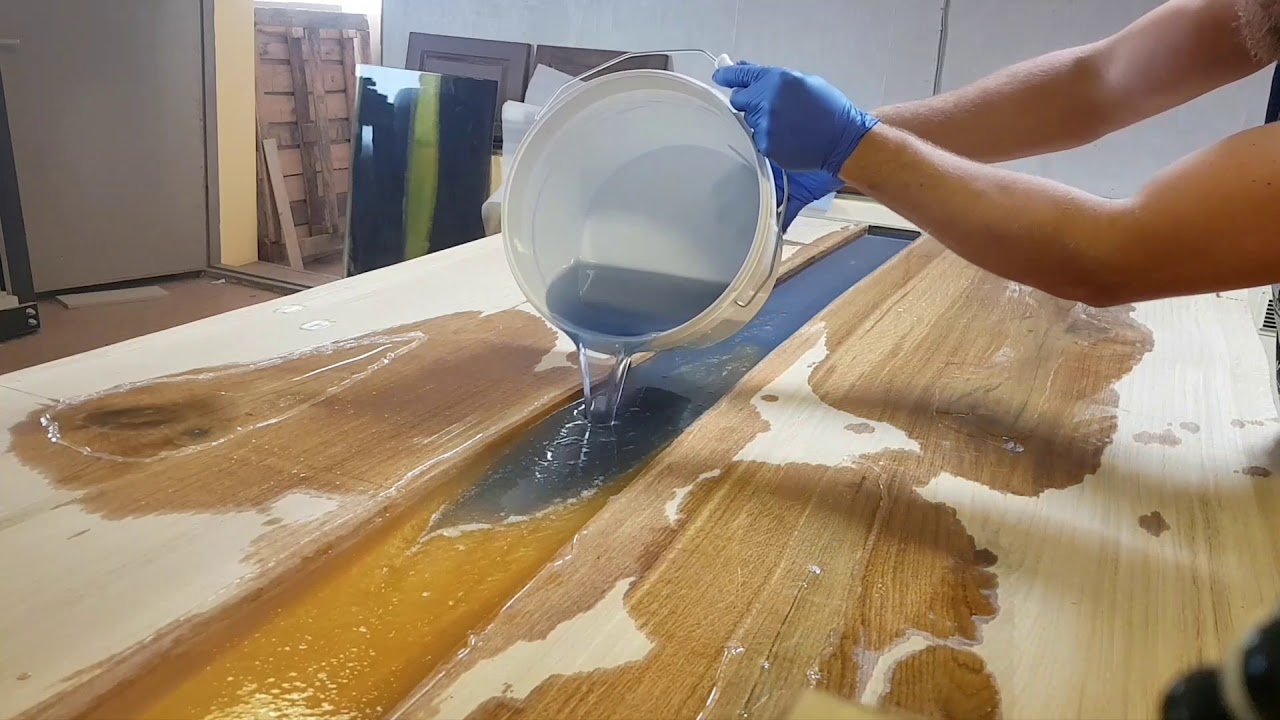Metal recycling has become crucial for sustainable development and protecting the environment. As the world’s population and development activities increase rapidly, demand for virgin metals is rising exponentially. However, extracting new metal from mines puts immense pressure on natural resources and the environment. Recycling metal helps address this issue by recovering and reusing scrap metal. It reduces the need for primary metal production and provides various economic and environmental benefits.
Economic Benefits of Metal Recycling
Recycling Metal provides significant economic advantages. Collection, sorting, and processing of scrap metal generates business and employment opportunities. Many small and large recycling companies offer jobs related to scrap collection, transport, processing, sorting, and trading. It is estimated that the global metal recycling industry employs over 1.5 million people. Recycling also reduces the overall costs of metal production. Extracting metal from scrap requires much less energy than primary metal production from ores. For example, recycling aluminum uses only 5% of the energy needed to produce primary aluminum. Similarly, recycling steel saves approximately 74% of the energy required to produce new steel. Lower energy usage lowers production costs, benefiting metal-producing industries. Recycled metal prices are also usually lower than virgin metal prices due to reduced processing requirements. This makes recycled metal competitively priced and boosts its demand across various industries.
Environmental Advantages of Recycling Metal
Recycling metal provides significant environmental advantages over extracting new metal from mines. Metal recycling conserves natural resources and minimizes resource depletion. When scrap metal is reused, it reduces the need to mine fresh raw materials from the earth. Mining activities lead to destruction of landscapes, loss of biodiversity, and pollution of land, air, and water resources. Recycling helps protect the environment from such damages. It also lowers greenhouse gas emissions – recycling aluminum cans alone saves enough energy to power around 1.5 million homes in a year in America. Metal recycling minimizes the extraction and processing of bauxite, coal, oil and other materials. This decreases air, water, and land pollution associated with primary metal production. Recycling aluminum uses 95% less water than creating new aluminum. Overall, recycling metal provides a sustainable solution to obtain metal resources while protecting natural ecosystems.
How Metal Recycling Works
The Recycled Metal process typically involves collection, sorting, processing, and finally manufacturing new products from recycled metal. Scrap metal is collected from various sources such as end-of-life vehicles, equipment, demolished buildings, and industrial and household waste. Collection may involve disassembly, shredding, or baling activities depending on the scrap form. The collected scrap is then sorted based on metal types like ferrous metals (iron and steel), non-ferrous metals (aluminium, copper, lead etc.), and mixed alloys. Modern sorting technologies like magnetic separation and eddy current technique are employed for effective sorting.
The sorted scrap undergoes processing which involves melting and refining to remove impurities. Secondary smelting and refining processes produce high-quality recycled metal similar to primary metal. The recycled metal ingots, billets or granules are then supplied to metal fabrication industries to manufacture new metal-based products. Industries like construction, packaging, automotive, and appliances are major consumers of recycled metal. A full circular loop is completed as the products made from recycled metal eventually re-enter the scrap cycle after use. With advanced recycling technologies, high-quality metals can now be recycled multiple times, significantly reducing the need for virgin metal resources.
Challenges and Opportunities in Metal Recycling
While metal recycling provides clear benefits, it also faces some challenges. Low collection and sorting efficiencies can reduce the quality and volume of available recycled metal. Contamination of scrap from mixed waste streams also lowers quality. Limited consumer awareness and inadequate waste collection infrastructure hinder higher scrap recovery rates. However, improving collection programs and applications of advanced technologies offer opportunities. Emerging sensing, robotics, and artificial intelligence applications are boosting scrap sorting accuracy. Growing urbanization and industrialization will boost scrap generation in developing nations, offering scalable recycling businesses. Strict environmental regulations on landfilling are redirecting waste towards recycling globally. Rising metal prices and recyclers’ investments are supporting scrap collection expansions. If addressed sustainably, these opportunities can accelerate metal recycling rates and circular resource utilization worldwide.
Recycling metal is an important sustainable practice that provides economic, environmental and resource security benefits. As primary metal reserves deplete and ore extraction grows costly and damaging, metal recycling will play a vital role in the future. With improved global collection rates and innovative technologies, recycling rates have high potential to rise further. Collective efforts by governments, industries, and individuals can greatly boost metal recycling adoption. Transitioning towards a circular metal economy based on recycling and reuse principles is crucial for our continued progress while protecting natural environments and resources for future generations. With the right policies and investments today, metal recycling can power sustainable development worldwide.
*Note:
1. Source: Coherent Market Insights, Public sources, Desk research
2. We have leveraged AI tools to mine information and compile it



